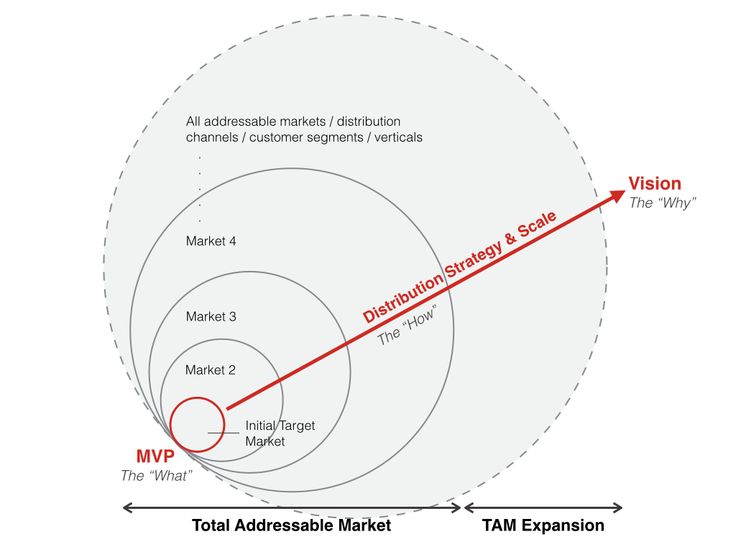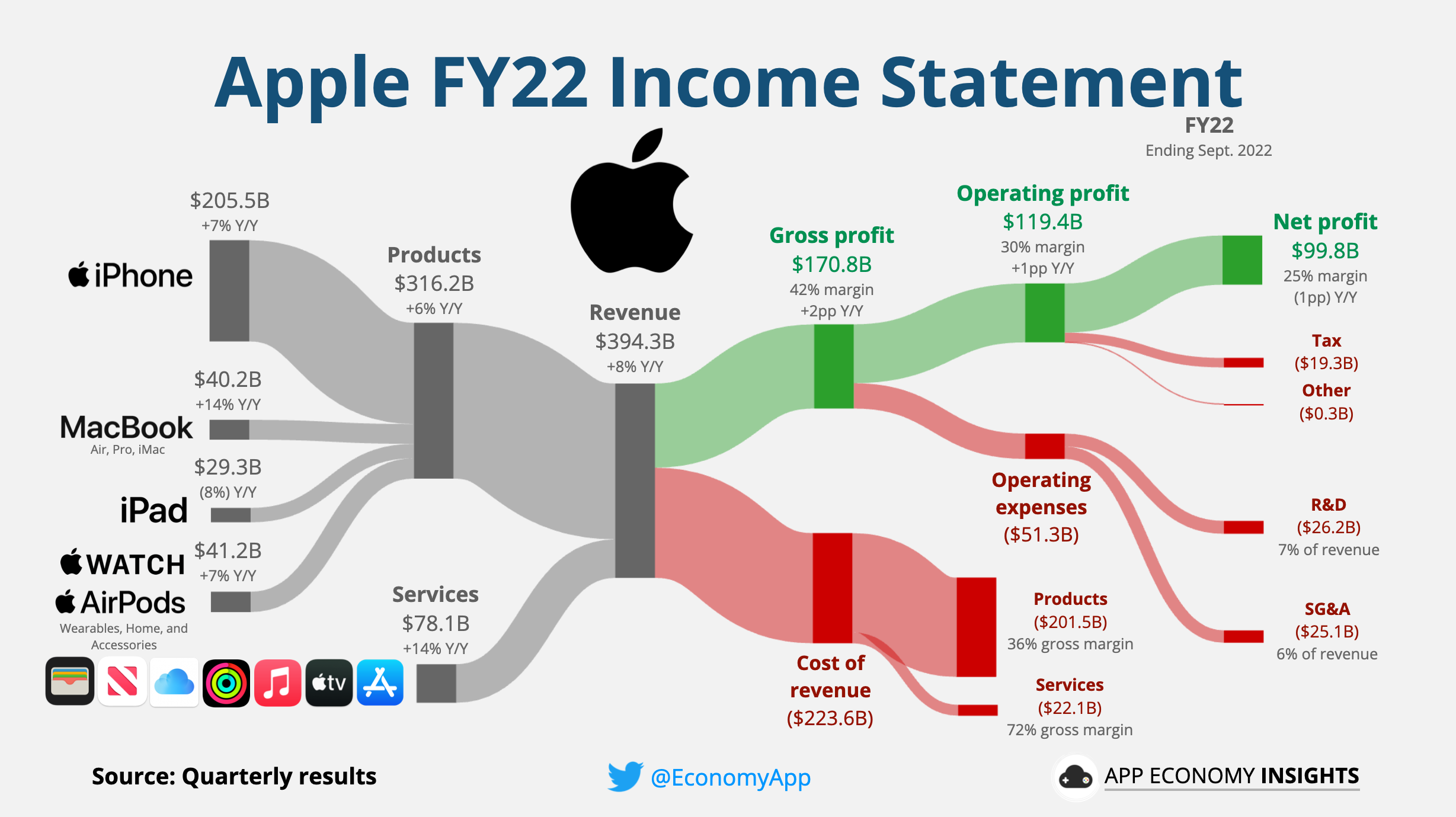The Ongoing Battle: Car Dealers Versus EV Mandates

Table of Contents
Financial Concerns for Dealerships Facing EV Transition
The shift towards EVs presents significant financial hurdles for car dealerships, threatening established business models and demanding substantial investment.
Impact on Profit Margins
Dealerships traditionally earn higher profit margins on gasoline-powered vehicles compared to EVs. This difference stems from several factors: the higher initial cost of EVs impacting consumer purchase volume and the lower service revenue generated due to the simpler mechanical components of EVs.
- Lower Service Revenue: Fewer moving parts in EVs translate to reduced service and repair needs, directly impacting dealership income streams.
- Increased Inventory Costs: EVs often require more specialized storage and handling to maintain battery health, adding to overhead.
- Higher Initial Investment: Upgrading facilities to support EV sales and servicing (installing charging stations, purchasing specialized diagnostic tools, and training technicians) requires substantial capital expenditure.
- Uncertainty in Market Demand: Fluctuations in consumer demand for specific EV models lead to unpredictable inventory levels and potential losses.
Inventory Management and Showroom Space
Adapting to the EV market requires dealerships to reconsider their showroom layouts and inventory strategies. The limited range of EV models available compared to gasoline-powered cars adds complexity to inventory management.
- Showroom Redesign: Dealerships need to allocate space for EV charging stations, potentially reducing space for gasoline-powered vehicles.
- Inventory Balancing: Striking a balance between EV and gasoline car stock requires careful forecasting, which is challenging given the current market volatility.
- Specialized Training: Sales staff require comprehensive training on EV features, charging infrastructure, and battery technology to effectively advise customers.
- Storage & Handling: Maintaining optimal battery health requires specialized storage and handling techniques for EV inventories.
Resistance to EV Mandates: Strategies and Arguments Used by Dealerships
Faced with potentially disruptive EV mandates, dealerships are employing various strategies to influence policy and mitigate the impact on their businesses.
Lobbying Efforts and Political Influence
Dealerships are actively engaging in lobbying efforts to influence legislation and slow down the implementation of stringent EV mandates. Their arguments often revolve around economic concerns and perceived consumer resistance.
- Economic Impact Arguments: Dealerships emphasize potential job losses in the traditional automotive sector due to rapid EV adoption.
- Infrastructure Concerns: They highlight the insufficient development of charging infrastructure to support widespread EV adoption, hindering consumer confidence.
- Consumer Readiness: They argue that consumers aren't yet ready for a mass shift to EVs due to range anxiety, charging time concerns, and higher purchase prices.
- Phased Approach Advocacy: Instead of immediate and drastic changes, they advocate for a phased approach to EV mandates, allowing for a gradual transition.
Highlighting Consumer Concerns
Dealerships are leveraging consumer apprehension about EVs to support their arguments against aggressive mandates.
- Range Anxiety: The limited range of some EVs and the anxiety associated with finding charging stations are highlighted as major deterrents.
- Charging Infrastructure Gaps: The uneven distribution and availability of public charging stations in many regions are used to emphasize consumer challenges.
- High Purchase Price: The higher initial cost of EVs compared to gasoline cars is presented as a significant barrier to consumer adoption.
- Battery Life Concerns: Concerns around battery lifespan, degradation, and replacement costs further fuel the argument against rapid EV adoption.
Government Perspectives on EV Mandates: Benefits and Rationale
Governments implementing EV mandates are driven by environmental concerns and a vision for a cleaner, more sustainable future, along with economic opportunities.
Environmental Concerns and Sustainability Goals
The primary rationale behind EV mandates is the urgent need to reduce greenhouse gas emissions and combat climate change.
- Carbon Emission Reduction: EVs produce zero tailpipe emissions, significantly contributing to reduced air pollution and carbon footprint.
- Improved Air Quality: Shifting to EVs improves air quality, particularly in urban areas, leading to public health benefits.
- Meeting International Commitments: Many countries are committed to international agreements on climate change, with EV mandates as a crucial component of their emission reduction strategies.
- Energy Security: Reducing reliance on fossil fuels contributes to energy independence and security.
Economic Opportunities and Technological Advancement
Beyond environmental benefits, EV mandates are seen as catalysts for economic growth and technological innovation.
- Job Creation: The EV sector creates numerous jobs in manufacturing, research, development, and infrastructure development.
- Technological Leadership: Investing in EV technology strengthens a nation's technological competitiveness in the global automotive market.
- Economic Diversification: Transitioning to EVs diversifies the economy and reduces reliance on the traditional fossil fuel industry.
- Export Opportunities: Developing a robust domestic EV industry creates export opportunities for vehicles and related technologies.
Conclusion: Navigating the Future of the Automotive Industry and EV Mandates
The conflict between car dealerships and EV mandates highlights the complex interplay between economic realities, environmental concerns, and technological advancements. Dealerships face legitimate financial challenges in adapting to the EV market, while governments strive to meet ambitious environmental and economic goals. Potential compromises may include phased-in mandates, government incentives for dealership modernization, and substantial investment in charging infrastructure development. Understanding the intricacies of this ongoing battle is crucial for navigating the future of the automotive industry. Stay informed, participate in the discussion, and advocate for policies that balance economic realities with environmental sustainability. The long-term implications of widespread EV adoption will significantly shape the automotive landscape for decades to come, demanding proactive and strategic adaptation from all stakeholders.

Featured Posts
-
 Reds Losing Streak Extends To Three Games With 1 0 Loss
Apr 23, 2025
Reds Losing Streak Extends To Three Games With 1 0 Loss
Apr 23, 2025 -
 Uskrs I Uskrsni Ponedjeljak Koje Trgovine Rade
Apr 23, 2025
Uskrs I Uskrsni Ponedjeljak Koje Trgovine Rade
Apr 23, 2025 -
 Understanding Michael Lorenzens Pitching Style And Effectiveness
Apr 23, 2025
Understanding Michael Lorenzens Pitching Style And Effectiveness
Apr 23, 2025 -
 Go Delete Yourself From The Internet A Practical Guide
Apr 23, 2025
Go Delete Yourself From The Internet A Practical Guide
Apr 23, 2025 -
 Complete 2025 Us Holiday Calendar Federal And Non Federal Dates
Apr 23, 2025
Complete 2025 Us Holiday Calendar Federal And Non Federal Dates
Apr 23, 2025
Latest Posts
-
 Palantirs Q1 2024 Financial Results A Deep Dive Into Government And Commercial Sectors
May 10, 2025
Palantirs Q1 2024 Financial Results A Deep Dive Into Government And Commercial Sectors
May 10, 2025 -
 Bundesliga 2 Ergebnisse Und Tabelle Nach Spieltag 27 Koeln Auf Platz 1
May 10, 2025
Bundesliga 2 Ergebnisse Und Tabelle Nach Spieltag 27 Koeln Auf Platz 1
May 10, 2025 -
 Palantirs Nato Deal Revolutionizing Ai In The Public Sector
May 10, 2025
Palantirs Nato Deal Revolutionizing Ai In The Public Sector
May 10, 2025 -
 Palantir Stock Q1 2024 Earnings Government And Commercial Growth Outlook
May 10, 2025
Palantir Stock Q1 2024 Earnings Government And Commercial Growth Outlook
May 10, 2025 -
 Spieltag 27 Bundesliga 2 Koeln Setzt Sich An Die Spitze
May 10, 2025
Spieltag 27 Bundesliga 2 Koeln Setzt Sich An Die Spitze
May 10, 2025
